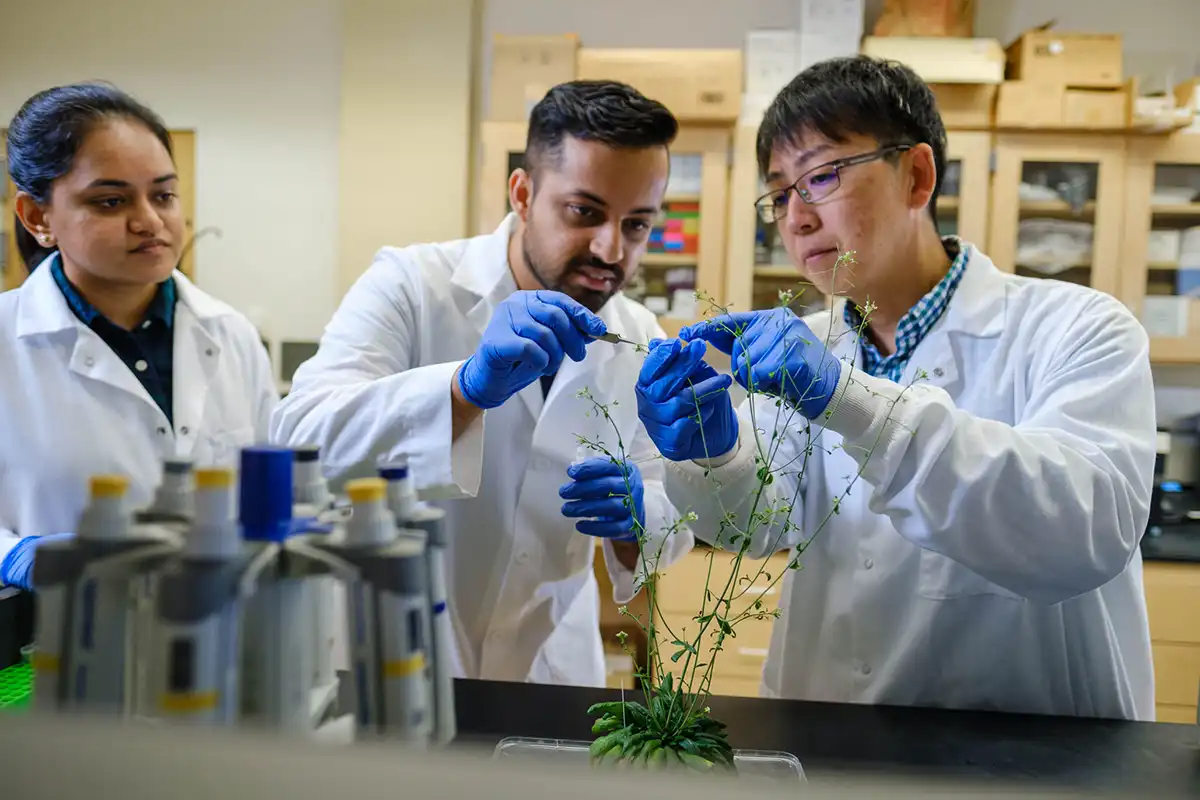Findings reveal optimism about science, regional trust disparities, and the need for greater public engagement in transformative innovation.
As global leaders convened at the World Economic Forum Annual Meeting 2025 in Davos, Leaps by Bayer, and Boston Consulting Group (BCG) unveiled results from one of the most extensive surveys ever conducted on public attitudes toward transformative technologies. The study, carried out by market research firm Ipsos, explored society’s perceptions of innovations in health and nutrition, including cell and gene therapies, artificial intelligence (AI) in medicine, new genomic techniques (NGTs) in agriculture and cultivated meat.
With input from more than 13,000 respondents across 13 countries, the findings provided actionable insights for innovators and leaders to engage the public.
Key Findings
- Optimism Toward Science Varies by Region
Globally, 72% of respondents express optimism about science and technology—significantly higher than optimism for the economy (39%) or politics (31%). However, middle-income countries like China (86%) and Nigeria (94%) report far greater optimism than high-income countries such as France (53%), Germany (54%), Italy (66%) and the U.S. (68%). Japan reports the lowest optimism at 46%. - Trust Crisis in the West
Trust in health authorities varies widely, with 62% of respondents globally expressing confidence in these institutions. Trust is notably lower in Western countries, including France (48%) and the U.S. (56%), compared to higher levels in middle-income countries like China (73%) and Nigeria (86%). - Skepticism Toward AI in Advanced Markets
In the U.S., where 950 AI/ML-enabled medical devices have been FDA-cleared, only 50% of respondents support AI in medical treatment. This contrasts with regions where AI is less prevalent. - Support for New Genomic Techniques (NGTs)
More than half of respondents (56%) view NGTs in agriculture positively, particularly for climate-resilient crops. In Europe, where regulatory restrictions remain, 47% hold favorable views, while 34% are neutral. - Knowledge and Trust Correlate With Optimism
A lack of understanding and distrust in authorities dampens optimism toward innovations. Respondents who are more informed about a technology tend to view it more positively. - Broad Enthusiasm for Cell and Gene Therapies
Across demographics, optimism for cell and gene therapies remains high. Millennials (78%) and Boomers (70%) are particularly supportive. Additionally, 59% of respondents globally agree that developing cures, even if only a few can initially afford them, is worthwhile.
Leaders Stress the Importance of Public Engagement
“We understand that addressing the world’s greatest challenges requires more than investing in transformative technologies—it demands building societal acceptance. This begins with actively listening to people’s hopes and concerns about breakthrough science,” said Juergen Eckhardt, EVP and head of Leaps by Bayer, in a news release.
“Despite strong optimism about science and technology, many remain neutral toward breakthrough innovations,” noted Friedrich Moeckel, managing director and partner, BCG Geneva. “This neutrality is an opportunity: by building trust and closing knowledge gaps, we can inspire greater understanding of how these advancements improve lives and address global challenges.”
A Call for Collaboration
As geopolitical tensions dominate headlines, society’s need for solutions to climate change, healthcare challenges, and global nutrition grows more urgent. While emerging technologies play a critical role, building public trust and understanding remains essential for these innovations to fulfill their potential to improve human health and well-being.
For more information, visit Leaps by Bayer.













